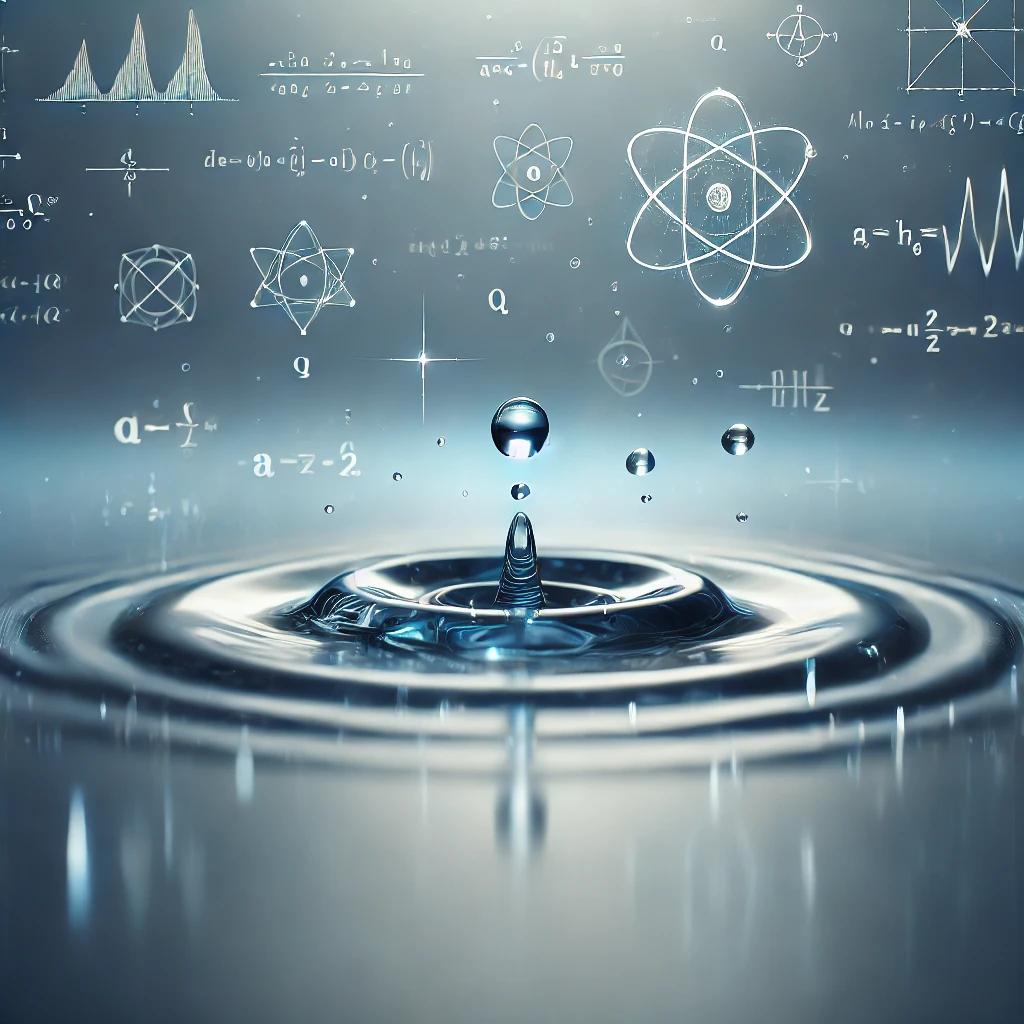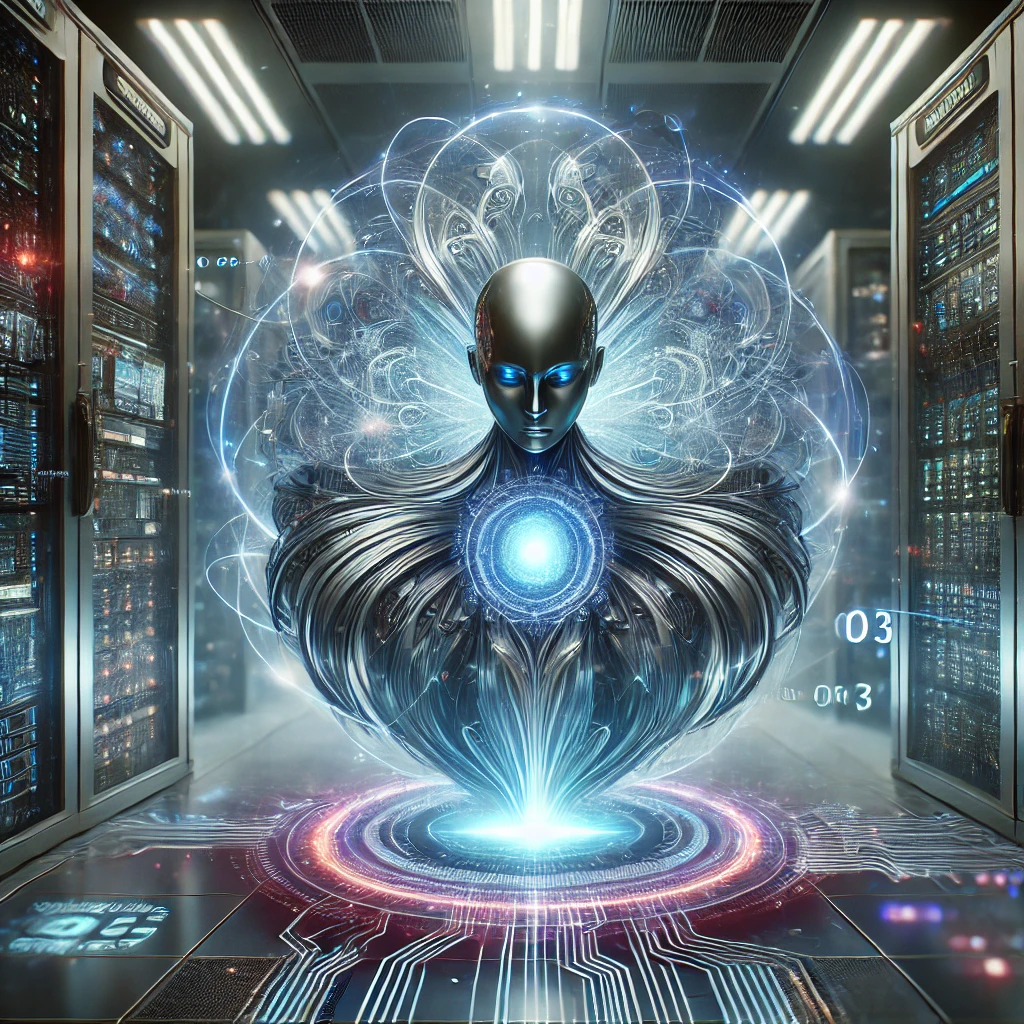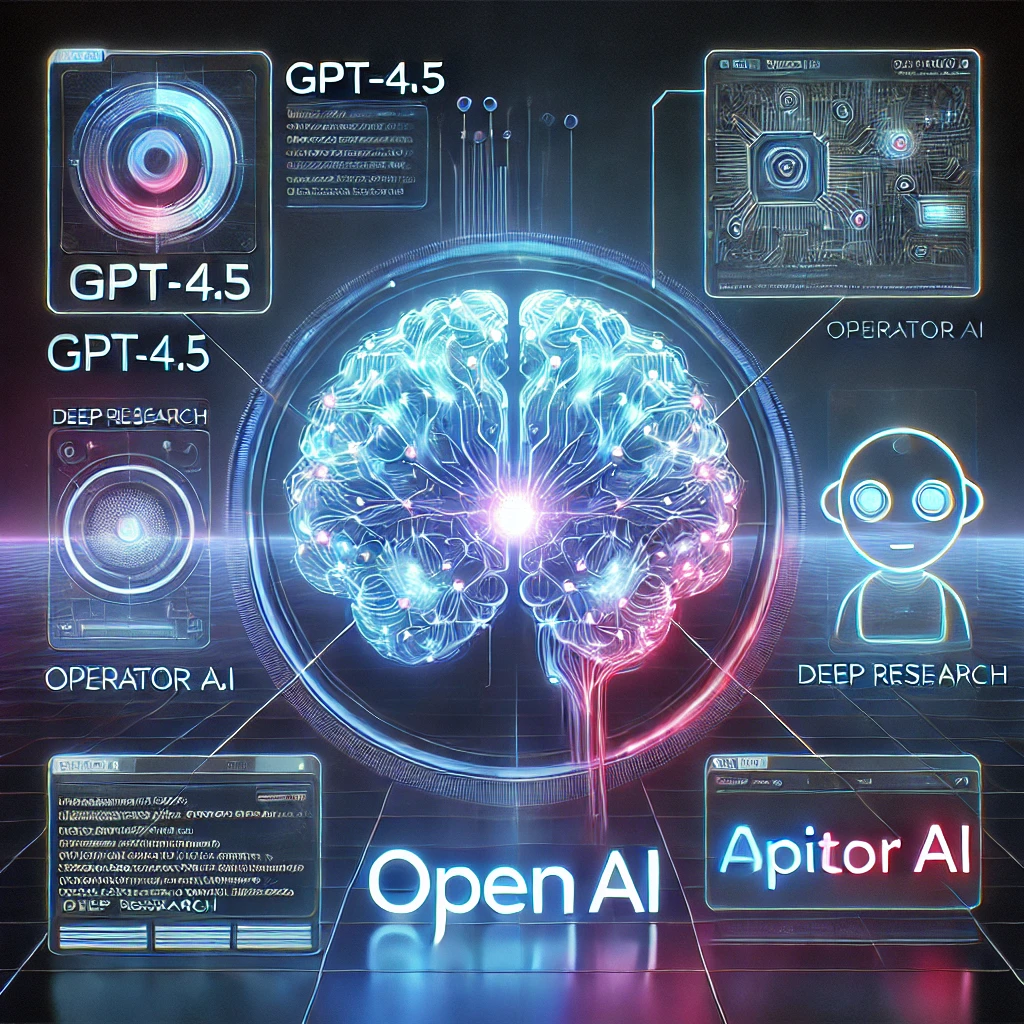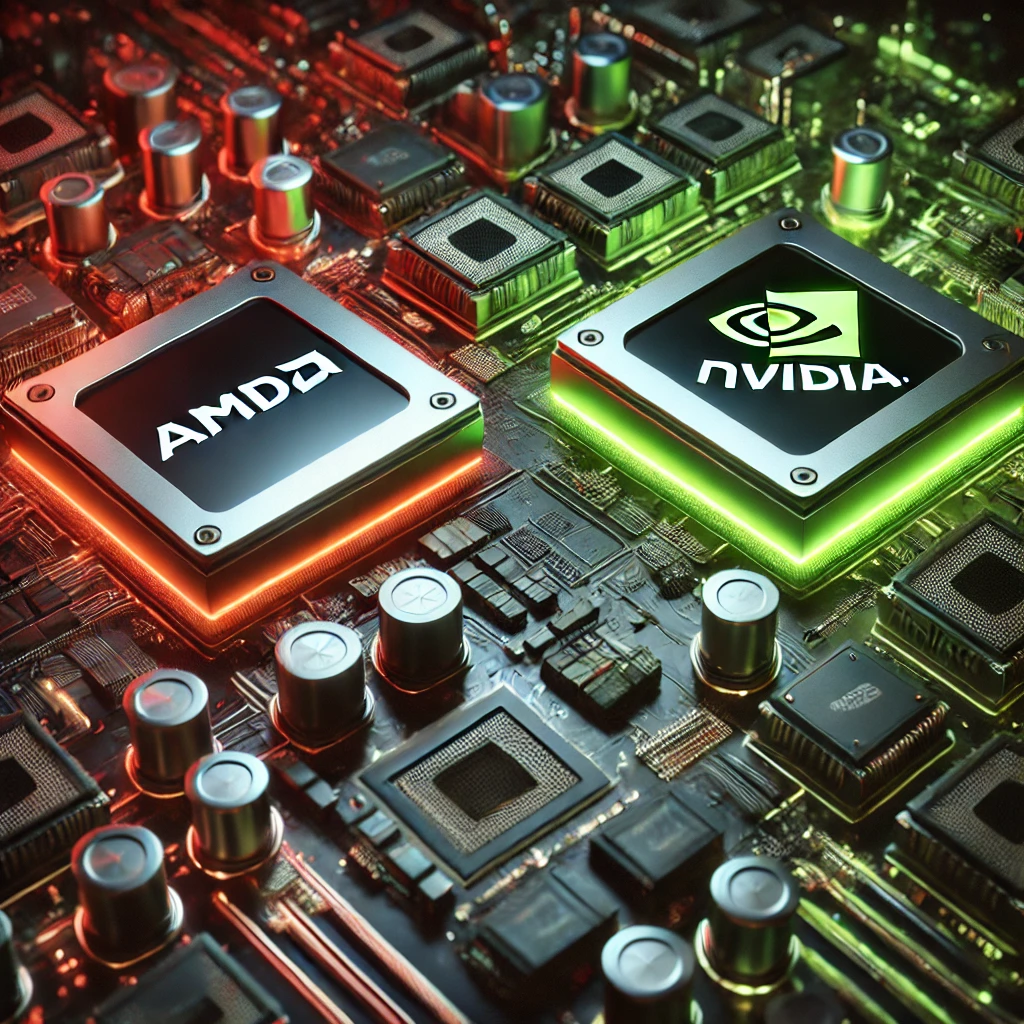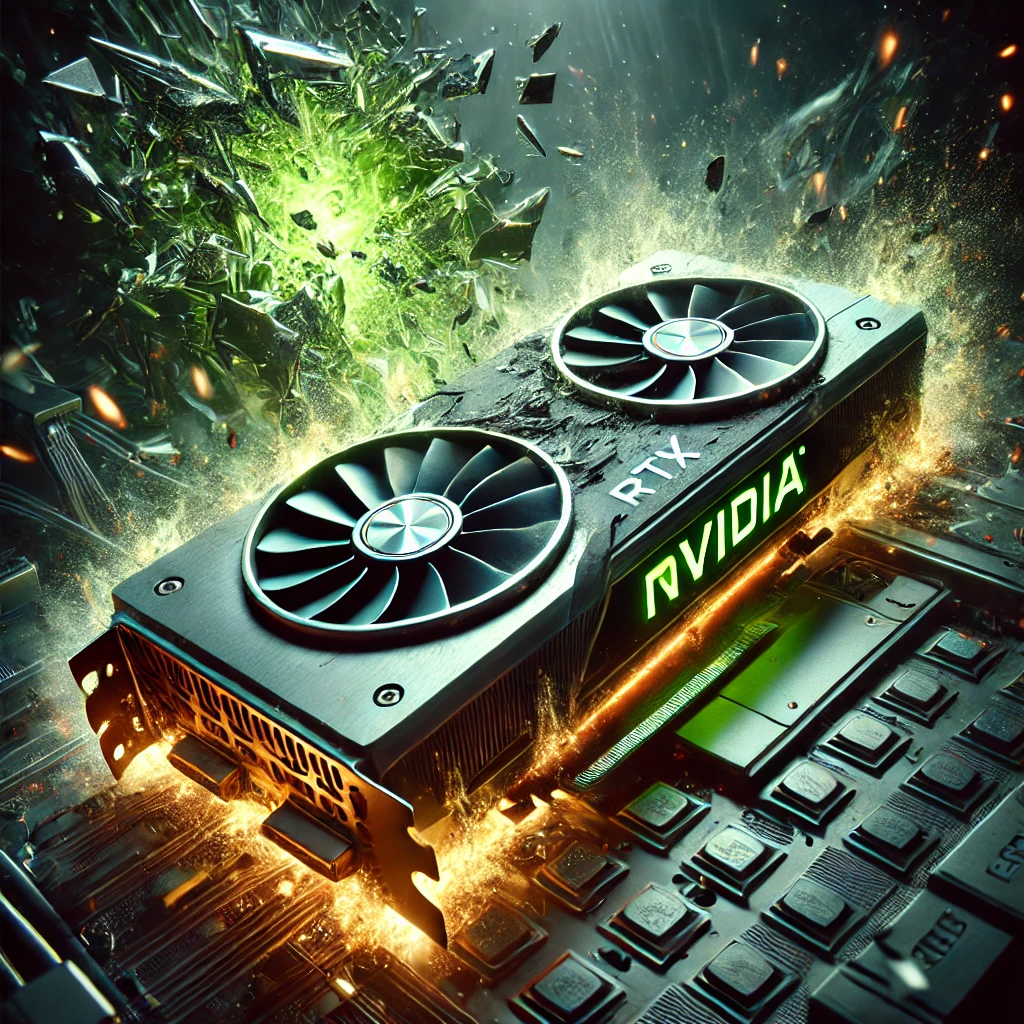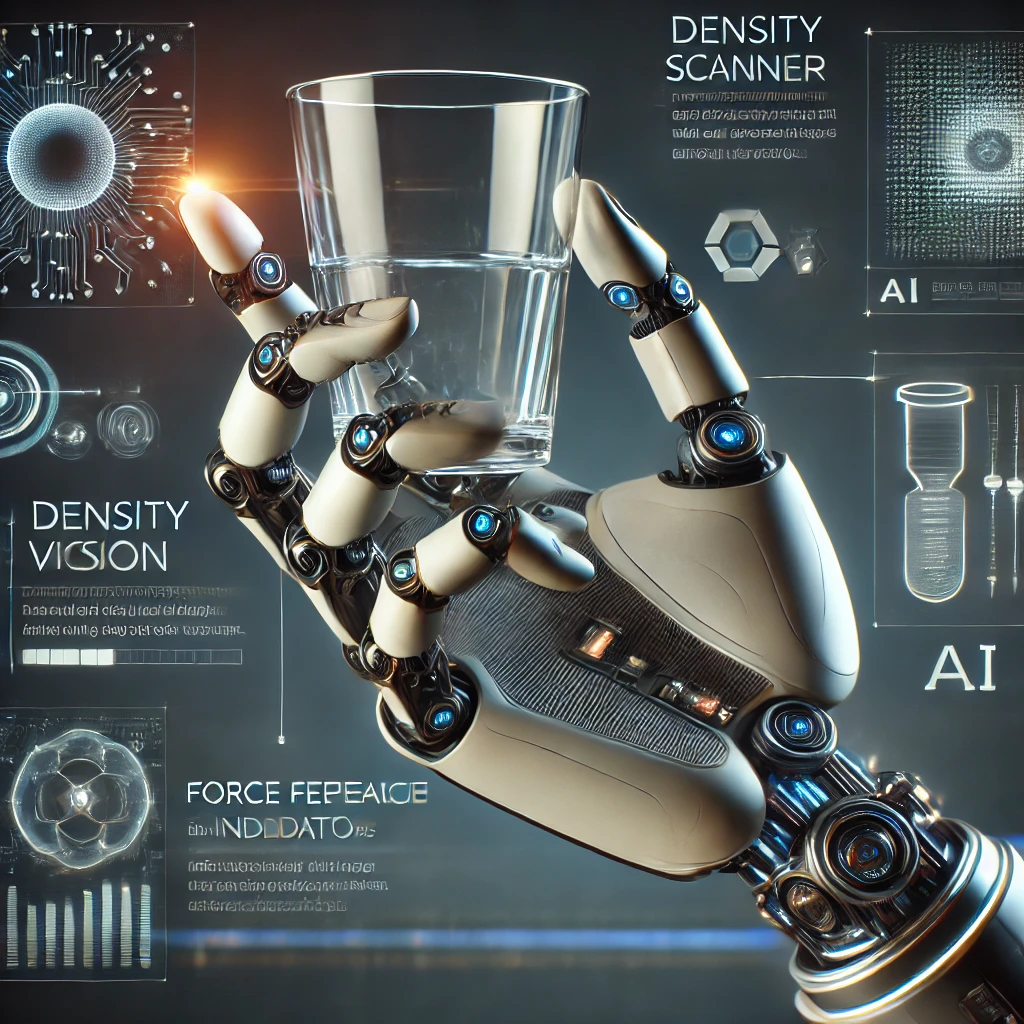Imagine having the power to simulate complex physics, train AI models, and design robotics all in one place. With Genesis AI, a groundbreaking open-source physics engine, this dream is becoming a reality. Developed collaboratively by over 20 research labs, Genesis AI combines advanced simulations with user-friendly tools—all within the Python ecosystem.
But this isn’t just another story of revolutionary technology. For us, it’s a journey. We’ve just begun exploring Genesis AI, and we’re inviting you to join us as we dive into its potential and learn what makes it unique.
What is Genesis AI?
Genesis AI is an open-source platform designed for advanced physics simulations, robotics, and embodied AI applications. Unlike traditional tools, it delivers simulations up to 80 times faster than existing platforms like Isaac Gym and Mujoco, without compromising on accuracy. Its Python-based design makes it accessible to developers while supporting features like differentiable simulation and generative data engines.
In other words, Genesis AI isn’t just fast; it’s transformative. Imagine generating dynamic 3D worlds or training a robotic arm to adapt to real-world scenarios—all with unmatched speed and precision.
Why We’re Excited About Genesis AI
- Seamless Python Integration:
- As Python enthusiasts, we’re thrilled by Genesis AI’s fully Python-based interface. It means easy setup, seamless integration, and a gentle learning curve.
- Generative Capabilities:
- Picture this: You describe a scene in natural language, and Genesis generates a fully interactive 3D simulation. It’s a game-changer for AI training and beyond.
- Differentiable Simulation:
- For robotics and control systems, Genesis AI’s differentiable simulation capabilities open doors to new possibilities, like fine-tuning algorithms with unparalleled precision.
- Open-Source Philosophy:
- Genesis AI’s open-source nature ensures accessibility and encourages collaboration within the research and development community.
Our Journey Begins
We’ve started downloading Genesis and are diving into its features step by step. From setting up the platform to testing its capabilities, our goal is to document the process and share what we learn—the good, the bad, and the mind-blowing.
Here’s a sneak peek of what’s ahead:
- Installing Genesis: How straightforward is the setup process?
- Running First Simulations: Testing simple physics models.
- Creating Dynamic Worlds: Exploring the generative engine’s potential.
- Training AI Models: Putting Genesis AI to work on real-world challenges.
Why Genesis AI Matters
In a world where AI and robotics are evolving rapidly, tools like Genesis AI are critical. They bridge the gap between theory and application, enabling researchers and developers to:
- Train more robust AI systems using diverse, dynamic datasets.
- Explore physical AI applications with precision and efficiency.
- Build and test robotic systems in realistic simulated environments.
For us, Genesis AI represents more than just technology; it’s a canvas for creativity and innovation.
My Perspective
When I think about Genesis AI, one word comes to mind: potential. It’s the kind of tool that feels like a cheat code for unlocking the future. Sure, there’s always a learning curve with new technology, but isn’t that part of the fun? We’re here for the journey—learning, growing, and discovering alongside this remarkable platform.
So, buckle up. This is going to be one exciting ride.
References
Related Exploration
In a recent article, Your AI-Driven 6-Axis Robotic Arm: Training a Future Helper, we explored the potential of virtual simulations in training robotic arms for real-world tasks. Genesis AI’s ultra-fast simulation capabilities and generative features could enhance this process, bridging the gap between virtual design and physical deployment. We’re excited to experiment further and document how these tools come together to revolutionize robotics training.
